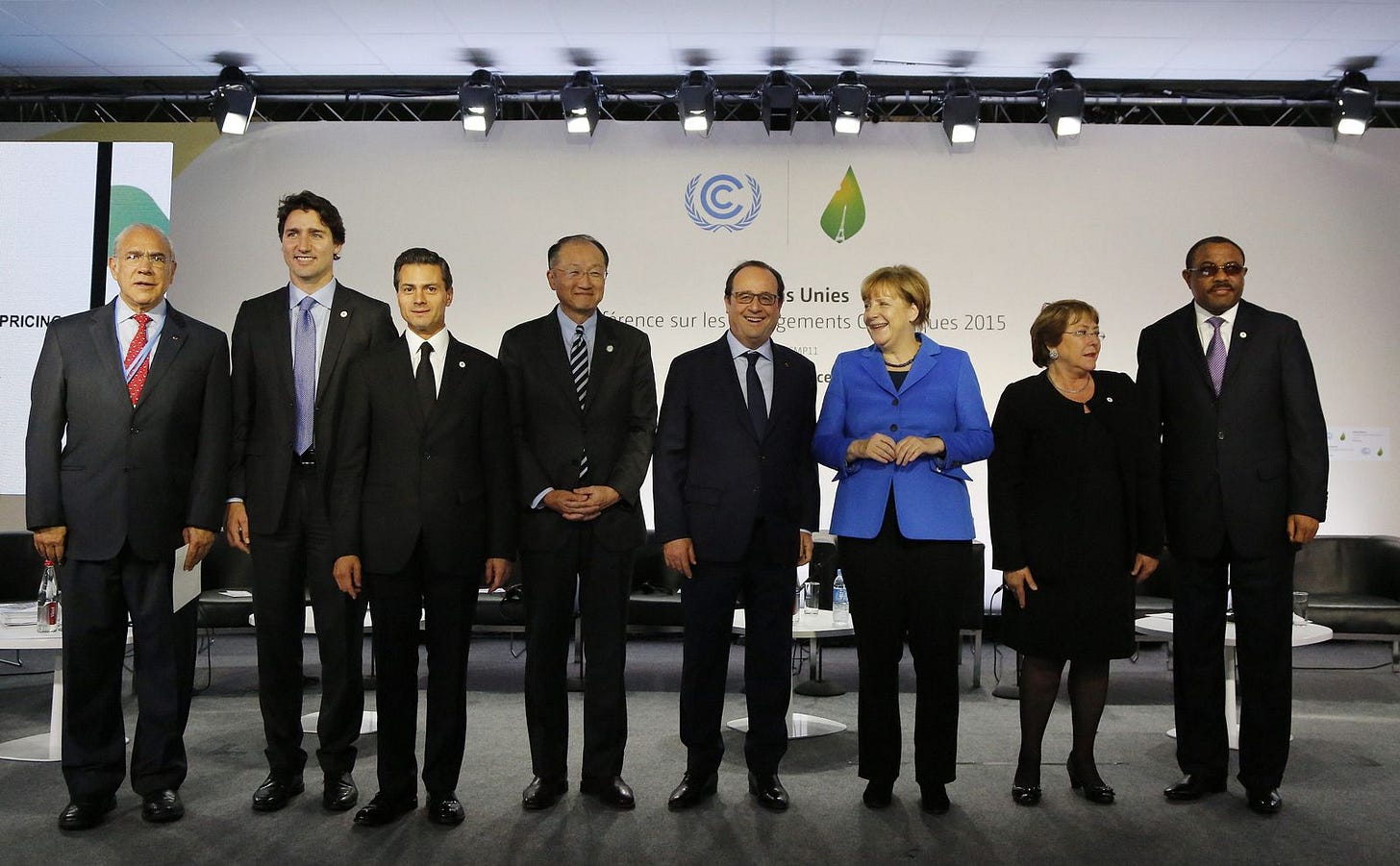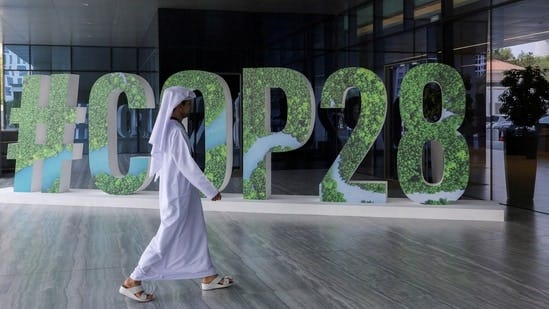COP28 Climate Talks in Dubai: A Critical Junction and Juncture for Global Action
Under President Biden, the USA rejoined the Paris Agreement, reversing the Trump Administration's decision. However, President Biden will not be attending COP28 in person, unlike at two previous COPs.
Introduction to COP28
The 28th Conference of the Parties (COP28) to the United Nations Framework Convention on Climate Change (UNFCCC), set to be held in Dubai, United Arab Emirates from November 30 to December 12, 2023, represents a pivotal moment in global climate diplomacy. This conference is expected to draw over 70,000 delegates, including representatives from 196 Parties to the UNFCCC, observer states, intergovernmental and non-governmental organizations, and businesses. It serves as a crucial platform for discussing and reinforcing commitments under the Paris Agreement to address the urgent challenges posed by climate change.
Expected Attendees and Conspicuous Absentees
COP28 will see a gathering of nations from across the globe, including key players like the USA, China, India, Brazil, and European Union members. However, the conference is marked by the conspicuous absence of U.S. President Biden and possibly the Vice President. This absence is notable given the U.S.'s status as one of the largest polluters globally, raising questions about its commitment to global climate initiatives.
The Paris Agreement: A Cornerstone of COP28 Discussions
At the forefront of the discussions at COP28 is the Paris Agreement, signed at the culmination of the COP21 on December 12, 2015. This significant environmental accord, involving 196 parties, is dedicated to combating climate change and mitigating its adverse effects. The agreement’s primary goal is to unite global efforts in limiting the rise in average temperatures to well below 2 degrees Celsius above pre-industrial levels, with an ambitious aim to further restrict the increase to 1.5 degrees Celsius.
The United States' fluctuating stance on the Paris Agreement has been a point of global attention. Under President Trump, the U.S. announced its withdrawal from the agreement, a decision that caused worldwide concern over its commitment to climate policies. However, the subsequent administration under President Biden marked a pivotal shift as the U.S. re-entered the agreement, thereby reaffirming its dedication to global climate action. This change in policy trajectory is expected to significantly impact the dialogue and perceptions regarding U.S. climate policy at COP28. The Paris Agreement's role at COP28 is not just as a reference point but as a guiding framework for all discussions and negotiations.
The Role of Major Economies: India and China
India and China, as significant global economies with large populations, are advocating for pollution calculations on a per capita basis. This approach challenges the traditional methods that often benefit historically major polluters. The participation and negotiation strategies of these countries at COP28 are expected to be pivotal in shaping global climate action plans, especially in the context of equitable and effective responses to climate change.
Beyond Rhetoric: Need for Unified and Coherent Action
COP28 emphasizes the global nature of climate change, highlighting the necessity for all stakeholders, including governments and industries, to collaborate beyond political rhetoric. The conference is likely to focus on the Polluter Pays Principle (PPP), advocating for those contributing most to pollution to bear a greater responsibility and cost for environmental stewardship, whether globally or locally.
Navigating the Challenges and Setting a Course for Action
Key issues at COP28 include assessing progress towards the Paris Agreement goals, adapting to climate change, mobilizing finance, and leveraging technology for climate action. The outcomes of this conference are crucial in shaping the global response to the climate crisis. The absence of key leaders like President Biden is a significant talking point, particularly in light of the criticism from countries more vulnerable to climate change impacts.
Looking Ahead: A Call for Global Collaboration
COP28 stands as a pivotal moment for reinforcing international commitment towards climate action. The success of this conference hinges on the collective efforts and determination of nations and organizations worldwide. It presents a crucial opportunity to transition from assigning blame to embracing a collaborative approach in tackling one of the most significant challenges of our era. The conference is set to influence future climate policies and will be a testament to the efficacy of global cooperation in addressing and adapting to the varied impacts of climate change. While ensuring that the voices of civil society are heard through numerous independent NGOs, it is anticipated that the stringent law and order policies of the UAE will foster a peaceful and constructive environment, steering clear of the kind of violent protests that disrupted the 1999 WTO Ministerial Conference in Seattle. This setting aims to facilitate a focused and effective dialogue, contributing positively to the global climate action narrative.







